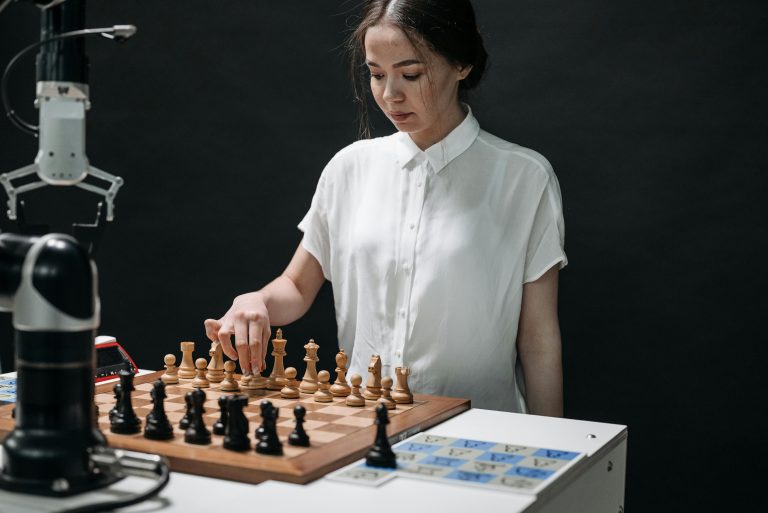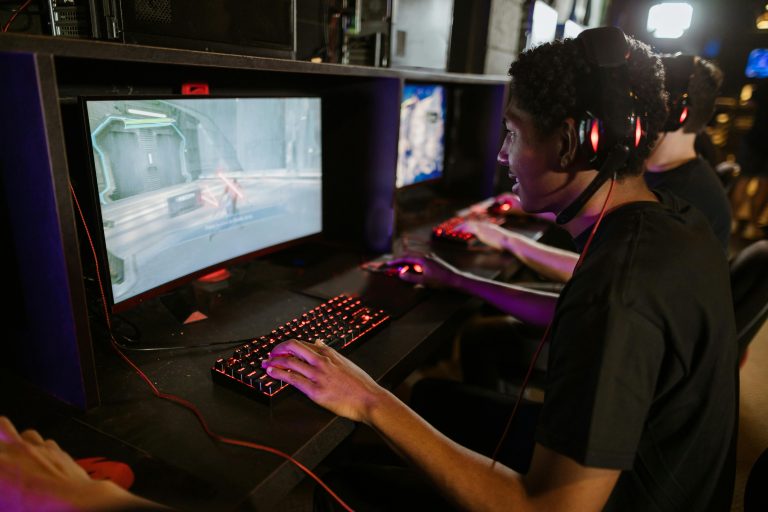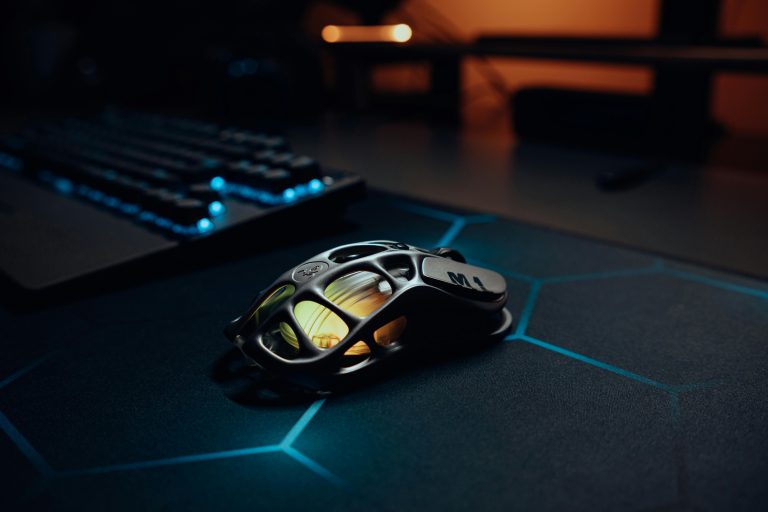
Remember the days when in-game AI was predictable, robotic, and often frustratingly dumb? If you shouted at your screen because a companion character got stuck on a piece of geometry or made a tactically suicidal move, you’re not alone. Fast forward to 2025, and the gaming landscape has undergone a silent revolution. The catalyst? Advanced AI, specifically large language models like ChatGPT, which have evolved from a novel tech demo into the core infrastructure powering a new generation of immersive, dynamic, and deeply personal gaming experiences. Gamers are no longer just players; they are collaborators, creators, and commanders in worlds that breathe, adapt, and respond.
The Ultimate AI Teammate: Beyond Scripted Commands
Gone are the simple command wheels of "Go here" or "Attack that." In 2025, ChatGPT-powered NPCs are the teammates we always dreamed of. In tactical shooters like a next-gen Rainbow Six Siege or XCOM 3, players don't just issue orders; they have strategic conversations. You can literally say, "Hey Jynx, flank left through that broken wall, toss a flashbang into the room on your way, and provide covering fire from the second-floor window." The AI parses the complex, multi-step command, understands the game's geometry and mechanics, and executes it with situational awareness. These AI companions learn from your playstyle. If you're aggressive, they become more supportive. If you prefer stealth, they automatically find shadows and suggest silent takedown routes. They even offer post-mission banter and analysis, making them feel less like tools and more like trusted partners you develop a genuine rapport with.
Crafting Living, Breathing Worlds with Dynamic Storytelling
The most profound impact of ChatGPT is in role-playing games. Traditional RPGs, for all their branching paths, are ultimately finite. In 2025, games like the anticipated Dragon's Legacy use AI to generate quests, dialogue, and characters on the fly. Every playthrough is unique. That random blacksmith in a village isn't just a vendor with three lines of dialogue; he's a character with a procedurally generated backstory, goals, and opinions. You can ask him about the local lord's tax policies, and he might just offer you an unsanctioned quest to "redistribute" the lord's wealth. Your choices ripple outward in real-time, with the world's factions and characters reacting not based on a pre-written script, but on a living simulation of motivations and relationships. You’re not playing a story; you are writing it with every conversation and action.
The Personal Gaming Assistant: Your 24/7 Strategist and Coach
Outside of the game world itself, ChatGPT has become every gamer's indispensable second screen. Forget sifting through outdated wikis or 45-minute YouTube guides. Now, players simply ask their AI assistant for help. This goes far beyond simple FAQs. You can ask:
- "Analyze my last League of Legends match VOD and tell me my three biggest positioning mistakes after the 15-minute mark."
- "What's the most efficient farm route for a Level 60 Mage in World of Warcraft: Saga of the Ancients?"
- "Generate a build for a stealth archer in Elder Scrolls VI that focuses on poison damage, and list the top five locations to find the required ingredients early game."
The AI cross-references the latest game patches, community meta-data, and your personal play history to offer hyper-personalized, real-time advice, effectively acting as a professional coach tailored exclusively to you.
Revolutionizing Content Creation and Modding
The modding community has been supercharged. What once required teams of developers months to achieve can now be prototyped in days. A modder can prompt an AI to "create a new faction for Civilization VII based on a matriarchal society of deep-sea explorers, with unique units, tech tree bonuses, and leader dialogue that reflects their isolationist and scientific philosophy." The AI generates the bulk of the code, dialogue trees, and balance concepts, allowing the modder to focus on refinement and polish. Furthermore, streamers and YouTubers use AI to generate hilarious, on-brand commentary for their NPCs during live plays, create dynamic subtitles, and even edit their highlights reels automatically by identifying key moments of action or comedy based on chat reaction and in-game events.
The New Social Hub: AI-Mediated Matchmaking and Toxicity Mitigation
Multiplayer gaming has long struggled with toxic behavior. In 2025, AI acts as a proactive mediator. Advanced sentiment analysis can detect rising tensions in voice and text chat before a argument even erupts, prompting the AI to suggest a cool-down period or even temporarily mute a player. More positively, AI-driven matchmaking has evolved. It doesn't just look at skill rating (MMR); it analyzes playstyles, communication patterns, and even preferred roles to assemble teams that are not only balanced but are also more likely to synergize and have a positive social experience. It’s about building communities, not just finding opponents.
Conclusion
The integration of ChatGPT and similar AI into gaming in 2025 marks a fundamental shift from games as static products to games as dynamic platforms. They are no longer experiences that are simply consumed but are ecosystems that are shaped, personalized, and brought to life through interaction. We are moving towards a future where every player's journey is their own, supported by intelligent companions and boundless worlds limited only by imagination. The line between player and creator, between pre-scripted and emergent, is blurring, and the result is a richer, more responsive, and infinitely more engaging form of entertainment. The game is truly beginning to play back.






